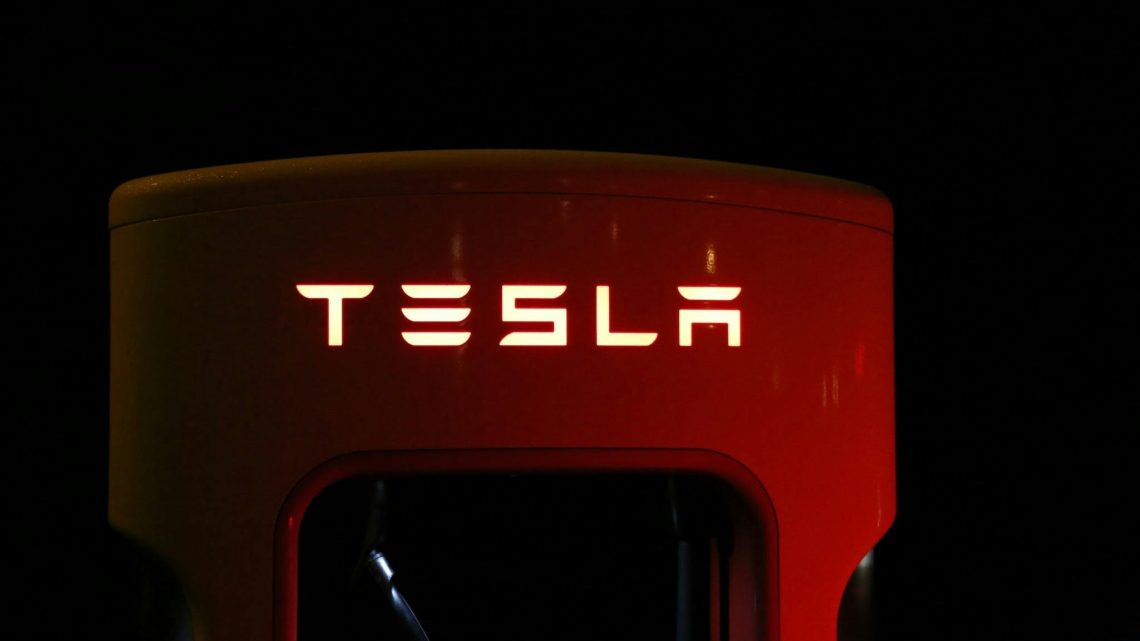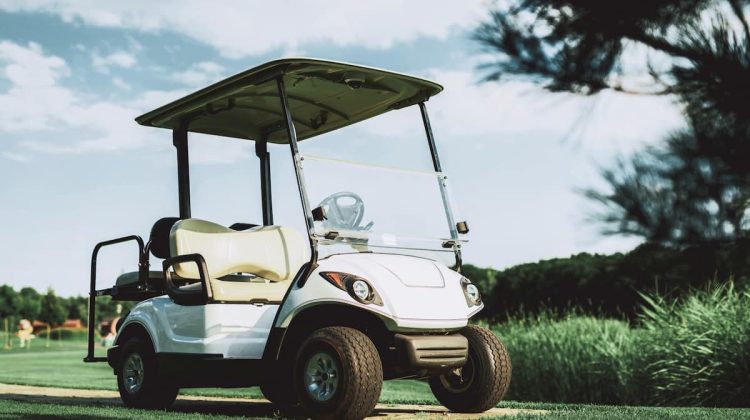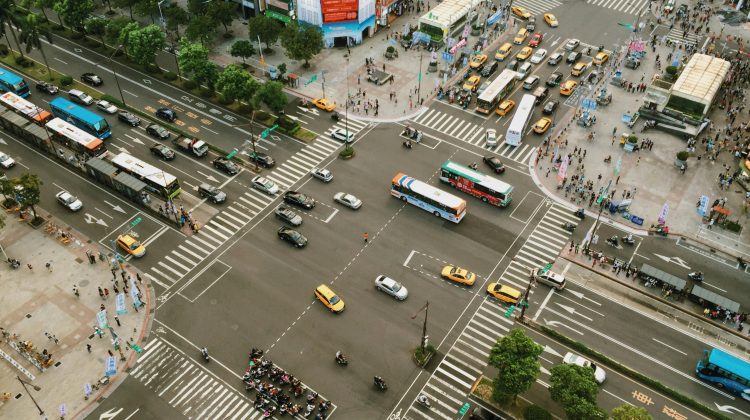Tesla has completely transformed the way people think about cars. With its clean design, advanced driving technology, and constant software updates, it often feels like the future of driving is already here. But as more accidents, recalls, and tech issues make the news, many drivers are beginning to wonder if Teslas are really making the roads safer or just adding new problems to the mix.
The Tech Revolution Comes With a Catch
From Santa Monica to San Francisco, Tesla drivers love their cars for good reason. Instant torque, quiet rides, and those massive touchscreens feel like stepping into tomorrow. Yet, even futuristic cars can have old-fashioned problems.
Many owners report “phantom braking,” steering alerts, or malfunctioning cameras that persist no matter how many times the service center “updates” the software. Others say their vehicles suddenly lose range, fail to charge, or reboot mid-drive.
When cutting-edge technology becomes a recurring safety issue, it’s not just frustrating it can be dangerous. And in California, those problems can trigger real legal protection under the Song-Beverly Consumer Warranty Act, better known as the California Lemon Law.
The Hidden Risk of “Smart” Safety
Tesla’s Autopilot and Full Self-Driving (FSD) features are designed to make driving safer by reducing human error. But experts warn that over-reliance on automation can lead to slower reaction times or worse, complacency.
When drivers assume their car will brake or steer for them, they’re trusting a system that isn’t always perfect. Glare, bad weather, and inconsistent road markings can throw off sensors and cameras. Add a moment’s distraction, and what should have been a safety feature can quickly become a liability.
The truth is, even smart cars can make dumb mistakes and when they do, the responsibility doesn’t fall on you alone.
That’s why firms like My Lemon Firm’s Santa Monica Tesla lemon law attorneys step in. They help Tesla owners who’ve dealt with repeated safety or performance issues get the compensation or replacement they deserve.
Safety by the Numbers
Despite billions invested in vehicle technology, over 40,000 people still die in U.S. car crashes each year, according to the National Highway Traffic Safety Administration. And while Tesla often touts its crash data as proof of safer driving, federal investigations have raised serious questions about how those numbers are collected and what “Autopilot-related” really means.
Innovation is supposed to make roads safer. But when your car is acting unpredictably and your dealer can’t fix it it’s time to ask who’s really protecting the driver.
California Drivers Have an Edge
California leads the country in both electric-vehicle ownership and consumer rights. If your Tesla’s problems keep coming back from failed updates to recurring power loss you may qualify for a buyback, replacement, or cash settlement under state law.
Document every visit, every invoice, and every repair order. Then, talk to a local professional who knows how to turn that paperwork into action.
The California Tesla Lemon Law attorneys understand how Tesla systems work, how warranty laws apply, and how to push back when the technology doesn’t deliver.
What This Means for Tesla Driver
Tesla has changed driving forever but innovation shouldn’t come at the expense of safety. Smart cars should make life easier, not riskier.
If your “car of the future” keeps sending you back to the service bay, don’t just hope the next software patch fixes it. Get informed, get documentation, and get help.
Because the future of driving may be electric but your right to safety is still 100% human.





No Comment